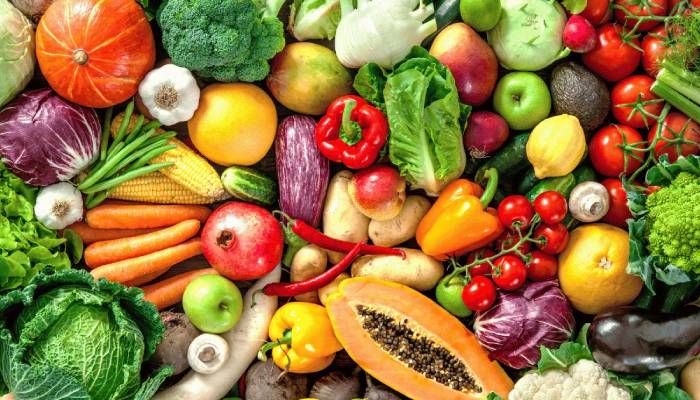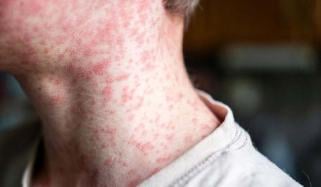
A recent study revealed that consuming fruits and vegetables with high pesticide residues exponentially increases the levels of these chemicals in the body.
For the study, researchers compared USDA produce testing data with urine samples from a federal health survey and discovered an association between pesticide exposure and diet.
Individuals who frequently ate products from the Environmental Working Group’s (EWG) “Dirty Dozen” list such as strawberries, kale, and spinach had increased pesticide levels in their urine samples as compared to those who consumed more from “Clean Fifteen,” which features produce like sweet corn, pineapples, and more.
As a cumulative, 203 different pesticides were identified across the Dirty Dozen, with spinach showcasing an increased number of residues inside it. The most toxic combinations were discovered in pepper, leafy greens, and green beans.
Researchers including Linda Birnbaum of the National Institute for Environmental Health Sciences, underscored that dietary habits influence pesticide exposure.
However, health professionals advise eating an ample amount of vegetables and fruits.
If you can’t find organic options, then select items from the Clean Fifteen and washing all produce thoroughly can assist minimise exposure, particularly essential for pregnant ladies and children, who are at a higher pesticide-related health risks.















